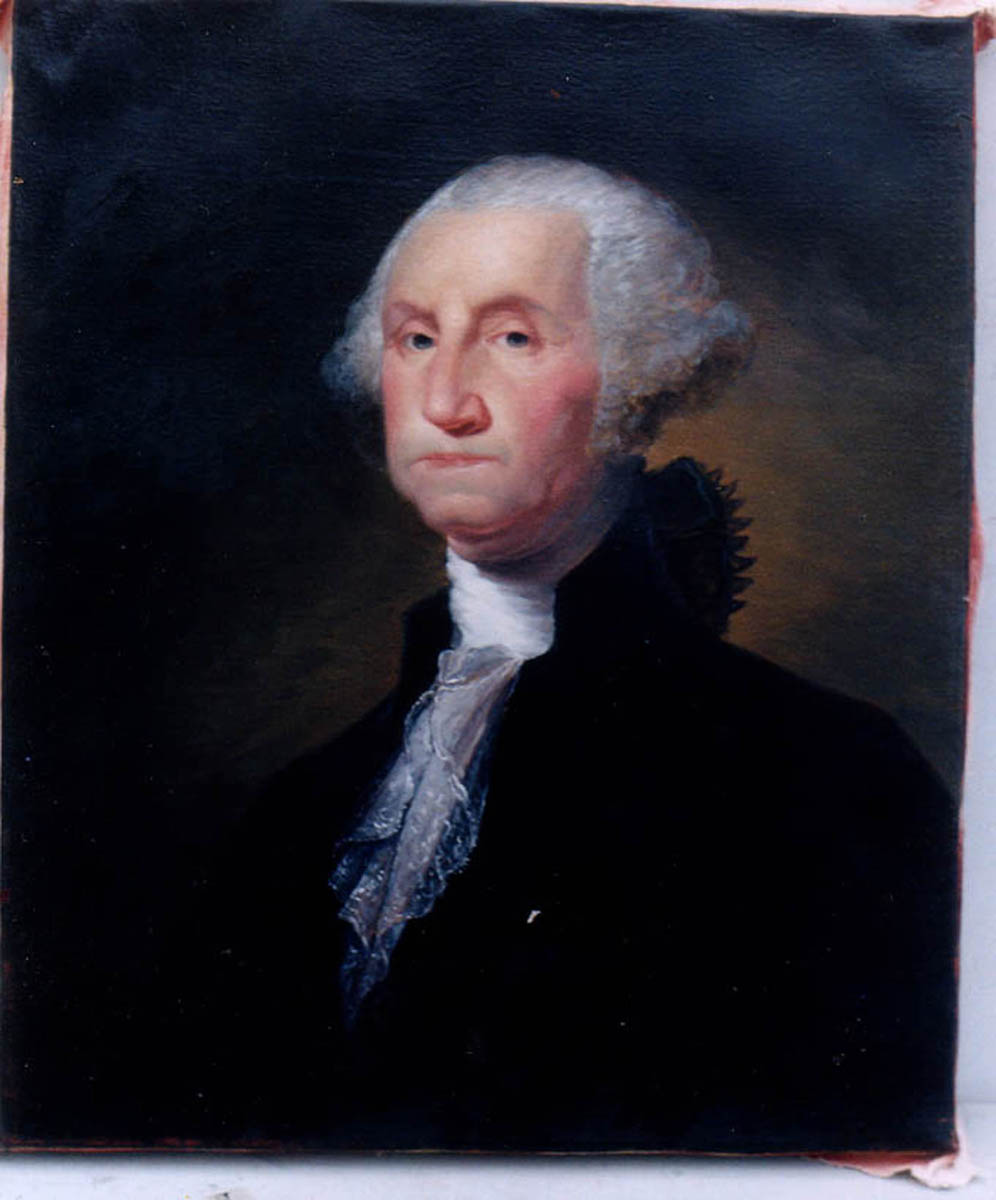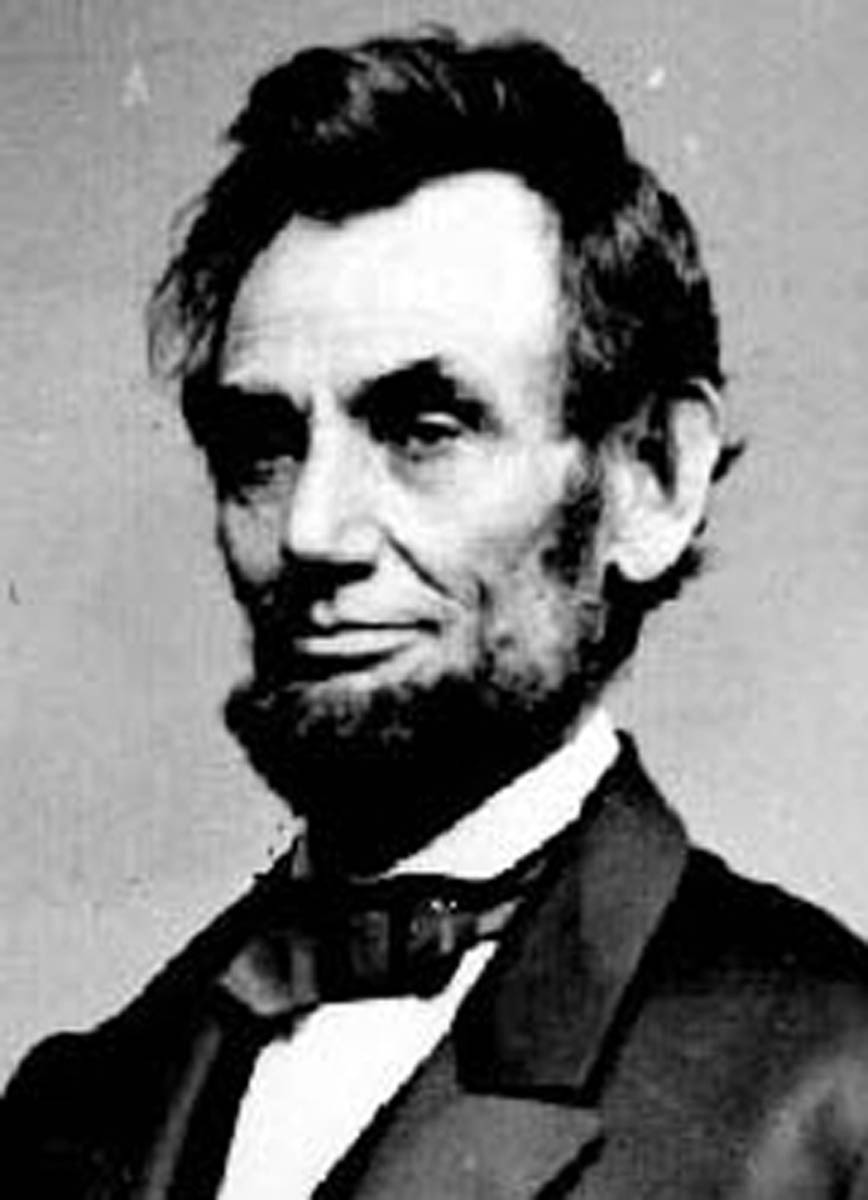
EDITOR’S NOTE: Feb. 20 is Presidents Day.
 NASHVILLE (BP) — Claims that George Washington and Abraham Lincoln both underwent secretive baptisms by immersion have drawn scrutiny from Baptist historians surrounding Presidents Day.
NASHVILLE (BP) — Claims that George Washington and Abraham Lincoln both underwent secretive baptisms by immersion have drawn scrutiny from Baptist historians surrounding Presidents Day.
Washington is said to have received baptism from Baptist army chaplain John Gano during the Revolutionary War while both Baptists and members of the Stone-Campbell tradition have claimed Lincoln sought and received baptism by immersion.
Immersion claims about both presidents have received a mixed reception from historians.
George Washington
Allegations Washington was immersed were popularized in a 1926 essay by Baptist minister Lemuel Barnes published in the Bulletin of William Jewell College.
America’s first president allegedly came to believe immersion was the biblical mode of baptism and wanted to obey Christ’s command. As “direct evidence” for the baptism, Barnes cited testimony from the Gano family presented in sworn affidavits some 100 years after the alleged baptism.
John Gano purportedly told three of his children about the baptism. Those children, in turn, relayed the tradition to other family members who later made published statements. In one instance, the published statement is five people removed from John Gano.
Barnes also cited “circumstantial evidence” for the baptism, including Washington’s “good opinion” of Baptists and the fact some in Washington’s Episcopal denomination believed immersion was the biblical mode of baptism.
Baptist historian Terry Wolever stated in the 2012 edition of his biography of John Gano, “I have seen no convincing argument to date that would justify an outright dismissal of the overall testimony of the original affidavits in support of the baptism.”
The scarcity of evidence for the baptism, Wolever noted, may be explained by Washington’s alleged desire to keep it a secret. An 1889 affidavit by Gano’s granddaughter Margaret Ewing stated that Washington, “for prudent reasons did not desire that his baptism should be made public.”
Gano, Wolever speculated, may have been honoring Washington’s wish when he made no mention of the baptism in his “Biographical Memoirs.” Absence of any reference to the event in Washington’s personal papers also may have been intentional, Wolever argued.
Tom Nettles, a retired historical theology professor at Southern Baptist Theological Seminary, told Baptist Press it is possible Gano baptized Washington.
“Though several relevant questions can be posed concerning the reliability of [the] reports,” Nettles said in written comments, the tradition of Washington’s baptism “should not be dismissed as a pious fraud invented by someone with ulterior motives.”
The baptism account “would certainly be consistent with the piety and convictions of Gano, his position as a chaplain in the Revolutionary army, Washington’s admiration of him and the possible conviction of Washington, held by some ministers of the Episcopal Church, that not sprinkling but immersion was biblical baptism,” Nettles said.
Keith Harper, senior professor of Baptist studies at Southeastern Baptist Theological Seminary, told BP the absence of the baptism from Gano’s memoirs leads him to “doubt” it occurred. Claims of a Washington immersion likely were among “numerous efforts made during the early 19th century to make Baptists look more credible in the eyes of the general public.”
As evidence against the Washington immersion tradition, some cite the published view of the Philadelphia Baptist Association, in which Gano was a prominent minister, that baptism should be administered only to individuals who intended to join Baptist churches.
The association held at its 1740 annual meeting, for instance, that baptizing an individual who did not wish to join a Baptist church was “directly destructive to all gospel rule, order, and discipline,” according to published minutes of the association.
Washington never sought membership in a Baptist church.
Still, John Revell, former pastor of Stamford (Conn.) Baptist Church, which Gano helped found, said the congregation has a “longstanding tradition” of the baptism as well as “supporting evidence” in the church’s “historical documents.”
“When I first arrived as pastor,” Revell said in written comments, “I recognized and appreciated the significance of the fact that the founding pastor of Stamford Baptist Church baptized the founding president of the United States. We dare not forget the central and critical role of our leaders’ Christian faith in the birth and early development of our nation.”
Barnes concluded in a 1933 Religious Herald article, “Nobody knows for certain nor is it likely that anyone ever will know” whether America’s first president was immersed.
Abraham Lincoln
 Lincoln’s baptism tradition is recounted by Wolever, based on Lloyd Ostendorf and Walter Olesky’s 1995 book “Lincoln’s Unknown Private Life: An Oral History by His Black Housekeeper Mariah Vance.” Vance testified some 40 years after the fact that President-elect Lincoln was immersed in Springfield, Ill., before leaving for Washington in 1860 to fulfill a promise to his Baptist mother Nancy Hanks Lincoln.
Lincoln’s baptism tradition is recounted by Wolever, based on Lloyd Ostendorf and Walter Olesky’s 1995 book “Lincoln’s Unknown Private Life: An Oral History by His Black Housekeeper Mariah Vance.” Vance testified some 40 years after the fact that President-elect Lincoln was immersed in Springfield, Ill., before leaving for Washington in 1860 to fulfill a promise to his Baptist mother Nancy Hanks Lincoln.
To conceal the baptism from his wife, who opposed Baptist views and battled mental health challenges, it was performed at night by German Baptist Brethren minister David Elkins, according to Ostendorf and Olesky’s account.
James Murch’s 1962 history of the Stone-Campbell movement recounted a story with similar details yet with a minister from his denomination said to have performed the baptism. Murch noted another account that Lincoln was baptized in Virginia while he was president.
In 1958, Baptist historian Leo Crismon presented a paper to the General Association of Baptists in Kentucky arguing Lincoln had strong connections to Baptists, attending Baptist churches in his formative years though he never joined. Crismon did not, however, mention Lincoln’s being baptized.
Bill Anderson, a retired Southern Baptist pastor who has read more than 100 books on Lincoln, told BP he has never heard of Lincoln’s being baptized in Springfield.
The claim about Lincoln’s baptism is not inconceivable, said Anderson, who pastored Calvary Baptist Church in Clearwater, Fla., for 26 years. Still, “I would bet against” the immersion’s having occurred “because I have never heard a syllable of it in all the stuff I’ve read.”
Harper agreed.
“I don’t believe [Lincoln’s] baptism story, either,” Harper said in written comments. “He did attend church regularly, though; I’ll give him that. Looking beyond the surface, it is significant to note that some people want to believe it. It affords some kind of validity or affirmation [of Baptist views]. That was especially important in the early to mid-19th century.”
















